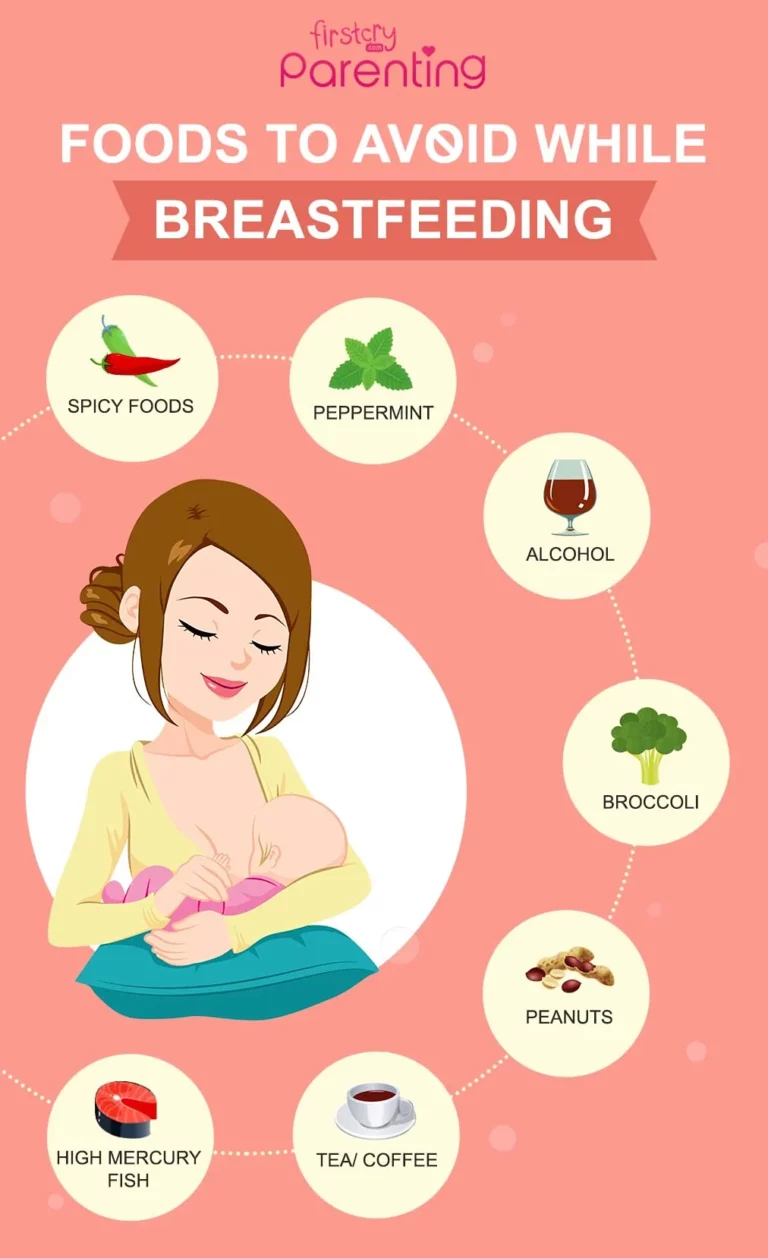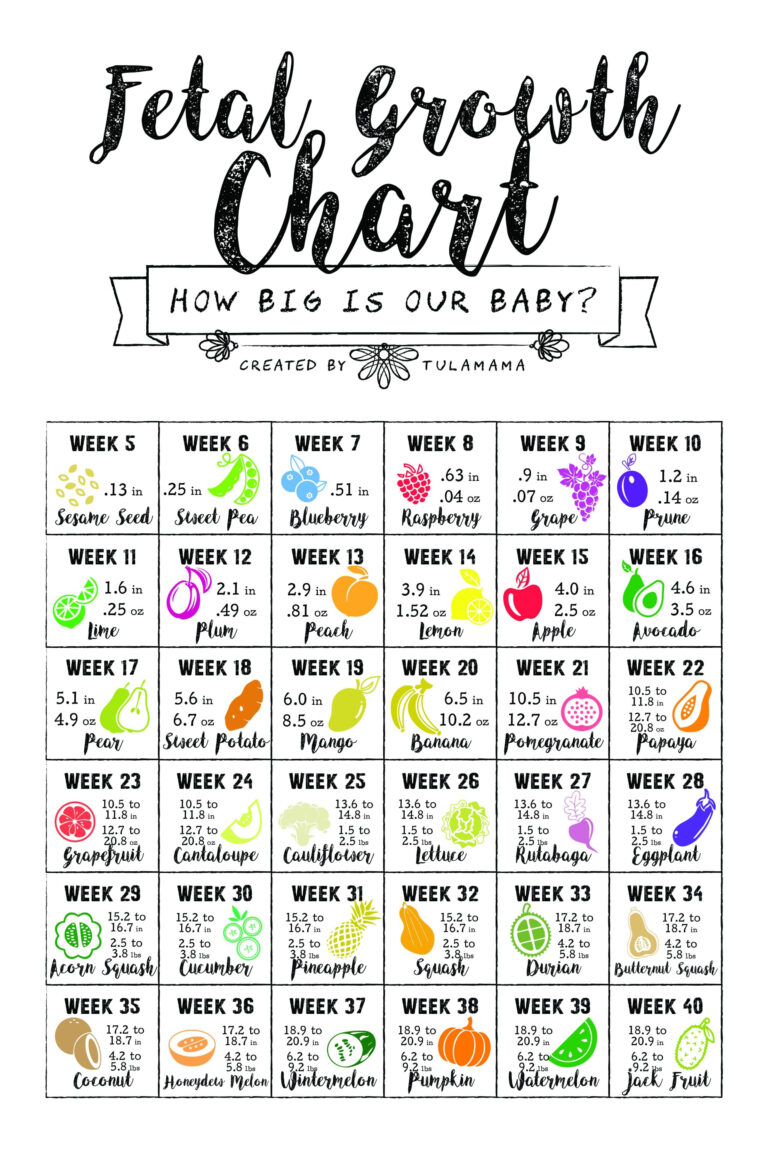When To Stop Waking Baby To Feed
Are you a parent wondering when to stop waking your baby to feed? This article will provide you with all the information you need to make an informed decision about your baby’s feeding schedule. From understanding your baby’s cues to knowing when they are ready to sleep through the night, we’ve got you covered.
Knowledge
When it comes to feeding your baby, it’s essential to pay attention to their cues. Babies are unique, and some may need more frequent feedings than others. However, as your baby grows, their feeding needs will change. Most babies can sleep through the night without waking to feed by the time they are around 6 months old. This is because their stomachs have grown, allowing them to consume more milk or formula during the day and go longer stretches without eating at night.
One way to determine if your baby is ready to stop night feedings is to observe their behavior during the day. If your baby is consistently eating well during the day and gaining weight appropriately, they may not need to eat during the night. Additionally, if your baby is waking up out of habit rather than hunger, it may be time to consider dropping the night feedings.
It’s also important to consider your baby’s age and weight when deciding to stop waking them to feed. Babies who are younger than 6 months or who have certain medical conditions may still need to eat during the night. Always consult with your pediatrician if you have any concerns about your baby’s feeding schedule.
Conclusion
In conclusion, knowing when to stop waking your baby to feed is a personal decision that should be based on your baby’s individual needs. By paying attention to your baby’s cues, observing their behavior, and consulting with your pediatrician, you can determine the best feeding schedule for your little one. Remember, every baby is different, so what works for one may not work for another. Trust your instincts and do what feels right for you and your baby.
Ultimately, the goal is to ensure that your baby is getting the nutrition they need to grow and thrive while also promoting healthy sleep habits. By making informed decisions about your baby’s feeding schedule, you can help set them up for success both now and in the future.






